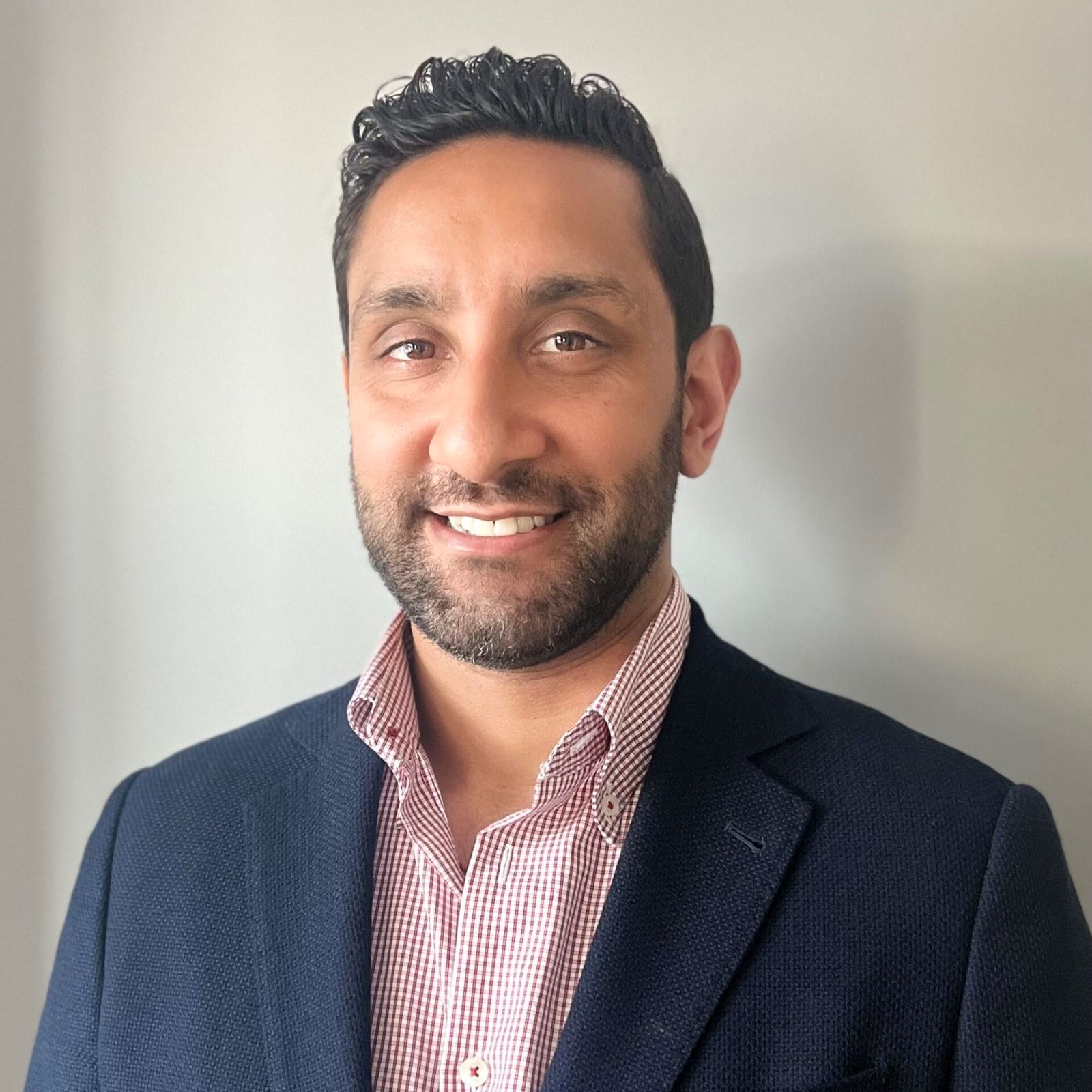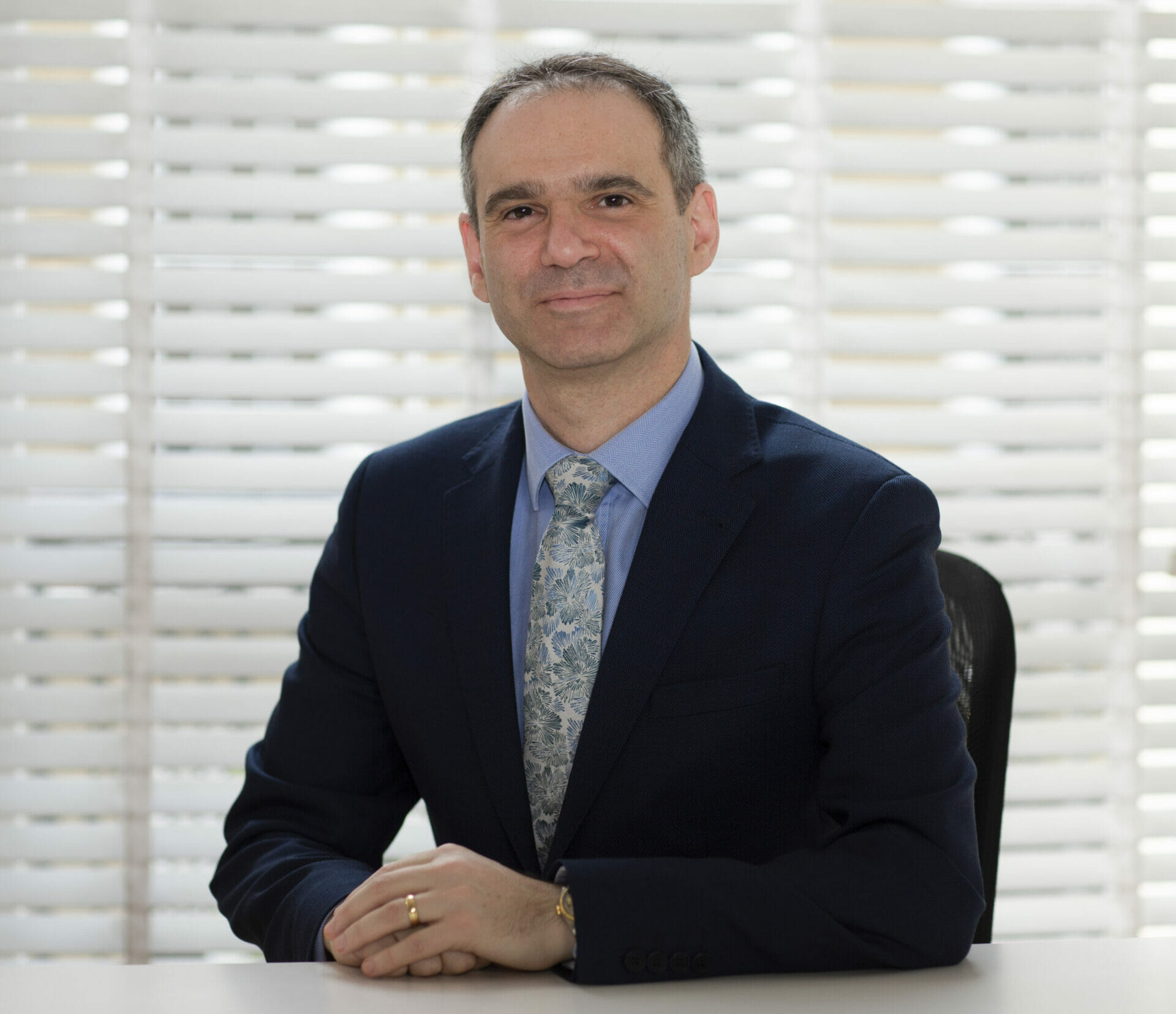London Medical Ophthalmology
Diabetic Retinopathy Screening and Treatment
London Medical provides the most up-to-date procedures for patients – with clinics held by some of the UK’s most renowned specialists.
If you have type 1 diabetes or type 2 diabetes, you have a higher risk of developing eye problems.
In the UK, around 55% of people with type 1 diabetes and 30% of people with type 2 diabetes will develop some form of diabetic retinopathy or maculopathy at some stage that potentially could impact their vision. With such a high rate of prevalence, treating the condition and intervening as soon as possible is essential.
At London Medical, we offer diabetic eye screening as well as treatment options for diabetic retinopathy or maculopathy so you can get back to doing the things you love. Our expert team is on hand to provide you with full support throughout your diagnosis and treatment.
With London Medical, you can rest assured that protecting and trying to restore your vision is our number one priority.
What is diabetic retinopathy?
There are many complications of diabetes and one of the more common ones is diabetic retinopathy. This occurs when the blood vessels at the back of your eye (retina) become damaged over time due to consistently high blood sugar levels.
Left untreated for many years, diabetic retinopathy can eventually lead to extra blood vessels growing at the back of your eye and if they bleed or pull on the retina they can sometimes lead to blindness. This is why early intervention is so important when it comes to protecting your vision.
Stages of diabetic retinopathy
Diabetic retinopathy occurs slowly over time and happens in four different stages. These include:
- Stage 1: Mild nonproliferative diabetic retinopathy (mild NPDR or R1)
- Stage 2: Moderate nonproliferative diabetic retinopathy (moderate NPDR or R2)
- Stage 3: Severe nonproliferative diabetic retinopathy (severe NPDR or R2)
- Stage 4: Proliferative diabetic retinopathy (PDR or R3)
Mild NPDR (R1)
Mild NPDR is the earliest stage of the condition where small haemorrhages or swellings of the blood vessels in your retina (known as microaneurysms) develop. These often don’t cause any problems in the early stages and do not need any treatment other than good diabetes control. You are unlikely to notice this happening or experience any symptoms during this stage.
Moderate NPDR (R2)
The second stage, moderate NPDR, occurs when the blood vessels are more damaged and restrict blood flow to your retina. This can cause more haemorrhages and microaneurysms to develop at the back of your eye. Again this stage is not associated with any symptoms, making it even more important to have your eyes screened, ideally with retinal photographs.
Severe NPDR (advanced R2)
Severe NPDR is the third stage of the condition. This occurs when more of your retina becomes damaged and starved of oxygen, releasing growth factors. Further haemorrhages and changes to the small vessels at the back of the eyes can occur and even though no symptoms are present at this stage, it is important that a retinal specialist checks your eyes.
Proliferative diabetic retinopathy (R3)
The final stage of diabetic retinopathy is PDR or proliferative retinopathy. This occurs when extra blood vessels start to grow on your retina due to the reduced blood supply. These blood vessels unfortunately grow in the wrong place on the surface of the retina and can bleed easily into the gel of the eye. This can cause sudden onset of black floaters in your vision and can lead to loss of sight if not treated promptly with laser therapy.
If the blood vessels continue to grow, they can cause scar tissue to develop inside your eye. This can, in severe cases, lead to a tractional retinal detachment if the scar tissue pulls away from the back of the eye. This can lead to loss of vision and may require surgery to try to repair this but is not always possible.
Diabetic maculopathy
This occurs when small microaneurysms or damaged blood vessels start to ‘leak’ into the retina close to the centre of the back of the eye, known as the macula area. This can occur at any of the 4 stages of retinopathy above and requires monitoring separately. The best way to monitor maculopathy is with an optical coherence tomography scan (OCT scan). Protein and lipids that leak from the damaged vessels can cause the retina to swell in the central region. This can result in blurring of vision. Diabetic maculopathy is reversible in the early stages with good diabetes control. If however, the swelling is advanced, other treatments are often needed including intravitreal injection treatments. Although these treatments sound scary, they can often restore vision and help reduce the progression of retinopathy.
Signs and symptoms of diabetic retinopathy
Most diabetic retinopathy is asymptomatic until the late stages, which is why diabetic eye screening is so important. This means that you may have advanced changes without knowing it. Only in the advanced stages, in the proliferative stage, once bleeding occurs from the extra blood vessels or when there is swelling of the central macula, are symptoms present.
During these latter stages, symptoms may start to appear that will often include:
- Blurry vision
- Sudden onset of black floaters or streaks in the vision
- Difficulty with reading
- Loss of vision in patches or complete
- Degraded vision at night
Diabetic retinopathy diagnosis
Although the first three stages of diabetic retinopathy do not have noticeable symptoms, eye examinations with an ophthalmologist or a retinal screen can help to diagnose the changes earlier on.
Retinal Screening usually involves:
- A visual acuity test – to check how well you can see the details of a letter or symbol from a certain distance.
- A tonometry test (optional) – to measure your intraocular pressure.
- Fundus photography – to diagnose diabetic retinopathy by detecting anomalies within your eye and monitoring their progression over time.
- Optical coherence tomography (OCT- optional) – takes scans of your retina, maps the thickness of the macular region and allows the ophthalmologist to check for diabetic maculopathy and other retinal conditions.
Diabetic retinopathy treatment options
Generally, diabetic retinopathy is only treated when it reaches an advanced stage and poses a risk to your vision.
Treatments for advanced diabetic retinopathy can vary depending on the severity of your condition and what your doctor recommends.
Laser treatment (panretinal photocoagulation)
A type of laser treatment called panretinal photocoagulation (or PRP) can be used when extra blood vessels start to grow on your retina. The laser used in this treatment helps the blood vessels to shrink down and become inactive.
Although panretinal photocoagulation can’t always completely restore your vision, it can slow down the progression of diabetic retinopathy and protect your eyes from further deterioration.
The treatment only takes up to 30 minutes to be completed and you can go home straight afterwards. You may have a headache for a short time following the treatment and you may have some temporary visual disturbance. We ask you to avoid driving for 24 hours.
Eye injections: anti-VEGF treatment
Injecting a medication called an anti-VEGF, such as aflibercept, ranibizumab or faricimab, into your eye is sometimes required if you have advanced diabetic maculopathy causing swelling in the central area. These treatments can help to improve your vision and reduce the progression of retinopathy. These injections are typically recommended once a month, or until your vision begins to improve and stabilise.
Steroid implants
If anti-VEGF injections don’t work, steroid implants may be recommended as the next port of call. This involves injecting a small implant into your eye to allow the steroid medicine to slowly be released into the eye over the next few months. This should then help reduce the swelling in the central retina and enhance your overall vision. These steroid implants, however, can cause cataracts to develop and can also increase the pressure within the eye. They are best used for those who have had cataract surgery already and do not have a history of glaucoma.
Vitrectomy (eye surgery)
Advanced proliferative diabetic retinopathy can also be treated with eye surgery with an operation called a vitrectomy. This involves removing the vitreous (a gel-like substance that fills the space behind your lens) from your eye and cutting away the scar tissue that can develop at the back of the eye in advanced retinopathy. This surgery can sometimes restore sight in advanced cases.
Can diabetic retinopathy be reversed?
Diabetic retinopathy can be reversed in the very early stages but often the retinopathy progresses over time. At London Medical, we can help you manage the progression of your condition before it becomes severe.
There are things you can do to help stop your condition from getting worse, such as healthy blood pressure and good blood glucose management. There are no specific foods or vitamin supplements that reverse or slow the progression of diabetic retinopathy.
When should I seek treatment?
As diabetic retinopathy does not have any noticeable symptoms before it reaches the more severe stages, regular eye examinations are essential. Using specialist equipment, a regular photographic eye screen or seeing an ophthalmologist will be able to spot and diagnose your condition even if you aren’t currently experiencing any symptoms.
You should always seek treatment if you experience any changes in your vision — the sooner you are treated, the better your possible outcomes will be.
Diabetic retinopathy can greatly affect your vision over the long term so, if you have diabetes, you will need to attend your regular eye screen or have an eye examination with an experienced ophthalmologist on a regular basis.
If you are looking to prioritise your eye health, book an appointment with us at London Medical. Our expert ophthalmologists are specially trained to perform comprehensive eye examinations and find the right treatment plan for you.
Our Consultants
Miss Bina Parmar
Miss Bina Parmar is a consultant ophthalmic surgeon at London Medical, specialising in general and paediatric ophthalmology.
Dr Jonathan Virgo
Consultant ophthalmologist with a strong background in hospital medicine and excellent training in medical and neuro-ophthalmology.
Mr Daren Hanumunthadu
Consultant Ophthalmologist with a specialist interest in retinal diseases, inflammatory eye disease and cataract surgery.
Mr Samir Jivanjee
Optometrist with a special interest in glaucoma, uveitis and a focus on specialist contact lens fittings.
Miss Anna Bhan
Consultant ophthalmic surgeon with specialist expertise in cataract and glaucoma surgery. Also deals with general ophthalmology and many other eye conditions.
Professor Michel Michaelides
Professor of ophthalmology and consultant ophthalmic surgeon at UCL. Interests include diabetic eye disease, age-related macular degeneration and inherited eye disease.
Professor David O’Brart
Consultant ophthalmic surgeon who specialises in refractive, corneal and cataract surgery, external eye disease and glaucoma.
Professor Adnan Tufail
One of the leading ophthalmic surgeons in the UK. He is the clinical and research lead at Moorfields Eye Hospital in London for age-related macular degeneration and has worked as a consultant here since 2002.
Mrs Samantha Mann
Consultant ophthalmologist, specialising in medical retina, macular degeneration, retinal vein occlusions and diabetic eye disease including injection and laser treatments.
Mr Scott Robbie
Consultant ophthalmic surgeon specialising in cornea, cataract and refractive surgery.
Our Locations
London Medical is located in the Harley Street medical area. Together with top experts across a range of multi-disciplinary fields, we offer the finest facilities for your care, all under one roof.
Monday to Friday 8.30am to 8pm
Monday to Friday 8.30am to 8pm
Monday to Friday 8.30am to 8pm
Speak to a member of our team
Get in touch
If you have any questions or want to book an appointment, please speak to our team on +44 (0)800 0483 330.
Or, make an enquiry online using this form and one of our team will be in touch. Please note, all the information collected is required as part of our registration process. By using this form you agree with the storage and handling of your data by our team. You don't need a referral from your GP to make an appointment with us.
Contact us
Our team can also be contacted on +44 (0)800 0483 330.
Please note, all the information collected is required as part of our registration process. By using this form, you agree with the storage and handling of your data by our team.










